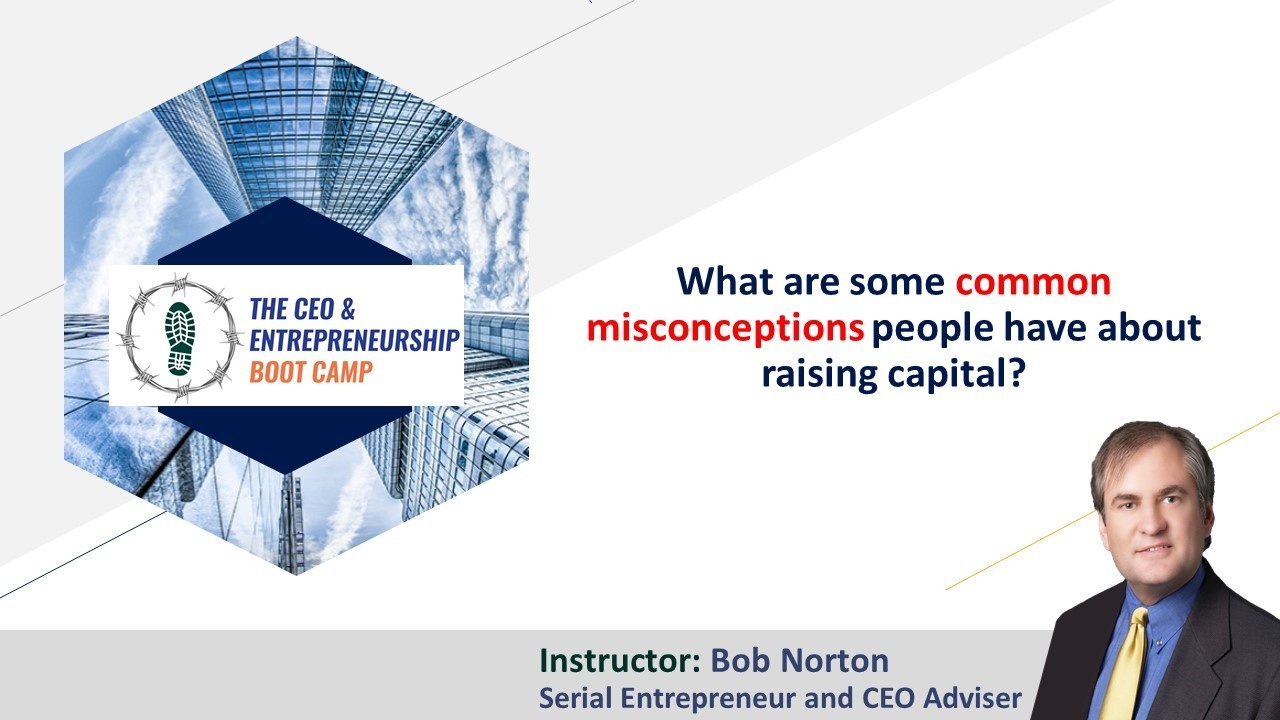What are the comprehensive differences between managerial and non-managerial?

Almost too broad a question to be worth answering, and you could write many books on the topic. But in short, managers are expected to:
Think, analyze, plan, hire, fire, improve productivity, budget, motivate and be accountable for results (not activities).
Individual contributors do little, if any, of these things. Of course, some professionals are required to do some of these things too as their main job. i.e. Accountants budget and plan money. Architects design and plan projects and budgets.
Typically, there are four levels of ability and skills in an organization, and almost all professions:
- Individual contributor - does the technical work
- Manager - Manages those ICs. Typically, the “Span of control” is 7 to one ratio. Though this can vary by industry and company structure.
- Executive - Manages the managers. Generally requires 15+ years experience and deep domain experience in one area of sales, marketing, finance, operations, product...
Has the age of a manager affected your opinion of them?

And what to really look for when hiring
Age should never be a factor. Experience, or years doing that exact job, is a big factor. Of course, there is often a correlation between experience and age. Some people continue to learn for life, while others stop learning all together at a young age. So, you are asking the wrong question, really.
When hiring there are 100+ variables, and you should always hire for these, with age not really mattering, except maybe for exotic dancers. Here are some factors I think are far more important:
- Raw intelligence and curiosity that drives a person to learn constantly. I always ask what book they are reading. If none, then minus lots of points.
- Grit, drive or stick-to-itivness = Personality of never give up, even self-confidence. Some see this as positive attitude. The "I can do it" mentality.
- Creativity, if a management position or something requiring creativity. Thinking out of the box is important for many...
Do managers need management training to be effective?

Absolutely, but that is not to say most people do not learn on the job. Teaching management is like teaching art, it is an art. You can study and learn foundational principles, but practice is required to get good. I recommend reading several books by Peter Drucker first. Especially The Daily Drucker.
There is so much to the art of management that comes only with experience. But you will learn foundational principles and philosophy from these texts. Key systems, for good management, include:
A) A regular meeting and Management By Objectives process (MBO = specific goal setting). Some call this OKR now, but it is the same thing, really. This is key to corporate productivity. Research shows a 56% impact on enterprise value creation. That is HUGE!
B) Having a dashboard with clear metrics (KPIs) that are all “owned” by someone and directly tied into the corporate strategic plan. Needed when > 7 people involved in a company or department,...
What are some common misconceptions people have about raising capital?

1. Thinking it is easy. It will typically take 3–6 months of full-time effort. 80% will fail.
2. That the “Idea” is worth something. It is not worth $0 because anyone can copy an idea and do better at marketing, sales, product development or just dump capital on that idea
3. Thinking VCs are the best source, they are the worst for 90% of businesses. They finance at most 1 in 200 plans and represent a tiny percentage of business financing. A narrow niche of rapid growth, technology based companies mainly.
4. A company has value on day #1. It does not! Value and pre-money valuation come from team + plan + market research + product development. Investors generally put money in only AFTER value is created.
 | Learn more about our Growth and Scaling (GSP) |
| For a free video consultation call on what your |
The pitch deck...
Are You Losing Money on Graduate Degrees?

A new report finds that STEM programs and professional degrees often pay off, while those in arts and humanities frequently do not. Many M.B.A. programs also offer a negative return on investment.
It’s no secret that some advanced degrees don’t pay off. But a new report from the Foundation for Research on Equal Opportunity offers some surprising insights—including that 60 percent of M.B.A.s and other business-related master’s degrees fail to provide a positive return.
The report, “Is Graduate School Worth It? A Comprehensive Return on Investment Analysis,” analyzes data for nearly 14,000 graduate degrees—11,600 master’s degrees plus 2,300 doctoral and professional degrees—at 1,441 universities.
“I think one of the biggest takeaways is the results for master’s degrees. We find that 40 percent of master’s degrees show negative ROI, that they do not have financial value after accounting for the cost of...
Does a Startup Need Lots of Capital to Become a Big Company

How to start a company with far less capital and also make more money in the process
Venture capital investors need to put BIG dollars to work and have a short time frame (5-7 years typically). THEY need startups to move fast. And, yes, if you have 5–10 competitors getting market share then more invested capital will pay off. However, the smartest founders take another approach and raise less money at higher valuations later.
This alternative is a multi-step market entry strategy where a startup starts in a smaller niche to get some traction, proof of concept and cash-flow. Which they should always try to do anyway. The niche targeting requires less marketing and sales expense and gets higher sales conversion and ROI. Then they expand the target market with more/better product(s) or by selling in other markets (niches or verticals). Building a portfolio of niches and/or product before they go head-to-head with bigger competitors
You do not need $50 million in investment...
10 Of The Most Affordable EMBA Programs and their Costs

The cost of an Executive MBA could set you back substantially, but it doesn't have to. Here are 10 of the most affordable EMBA programs.
Choosing to study an Executive MBA (EMBA) isn’t cheap. The world of graduate management education demands high fees in exchange for the return on investment you see if you work hard during your degree.
But going to business school to gain the experience and skills needed for executive leadership doesn’t have to break the bank. Although Executive MBA programs do tend to lean on the expensive side, not all the world’s top programs will set you back six figures.
Here are 10 of the most affordable Executive MBA programs, according to the Business Because Special Report, Executive MBA Insights: 10 Leadership Challenges For 2022.
10. Santa Clara University’s Leavey School of Business
Executive MBA cost: $111, 715
In at number 10 is the Executive MBA at Santa Clara University’s (SCU) Leavey School of...
The Brain of An Elderly Person

It's NOT what you've thought!
By New England Journal of Medicine
The director of the George Washington University College of Medicine argues that the brain of an elderly person is much more plastic than is commonly believed. At this age, the interaction of the right and left hemispheres of the brain becomes harmonious, which expands our creative possibilities. That is why among people over 60 you can find many personalities who have just started their creative activities.
Of course, the brain is no longer as fast as it was in youth. However, it wins in flexibility. That is why, with age, we are more likely to make the right decisions and are less exposed to negative emotions. The peak of human intellectual activity occurs at about 70 years old, when the brain begins to work at full strength.
Over time, the amount of myelin in the brain increases, a substance that facilitates the rapid passage of signals between neurons. Due to this, intellectual abilities are increased by 300%...
Start me up: 2021 is on course to be a record year for new businesses

By Gene Marks
Amid the economic upheaval of the pandemic, it may seem counterintuitive that startups have reached unparalleled levels

There have been more new businesses formed so far this year than ever. Literally ever.
A year ago I wrote about the surge in startups, 12 months later the trend has continued in a big way. According to data from the US Census Bureau analyzed by the Economic Innovation Group, there were about 1.4m new startup applications filed with the government through 30 September 2021. That’s compared with 1.14m during the same period in 2020 and 987 thousand in 2019. Every year before had been significantly less.
“With three months left in this unparalleled year, it now seems almost certain that the elevated pace of...
Investment on Workforce Development

By Paul T
Purpose: This summary presents an actionable point of view that will result in tangible benefits for those who apply it to make and implement decisions related to investments in Workforce Development.
Process: Workforce Development was the focus of six 45-minute conversations on December 9, 2021. Each conversation used a consistent lens of “Benchmarking” with stimulus from the writings of Peter Drucker and each had a varying perspective with insight inspired by Open Minds. A guest with expertise was invited to be part of the conversation.
The summary created below from post-Forum dialogue between The Path and Georgia LEARNS Now that leveraged our perspectives on the human side and business side of Workforce Development. It is available to those who ask to receive it to be reviewed in private conversations as requested.
| Sessions | Time | Main Topic | Topic Details | Speakers |
| Session 1: | ... |




